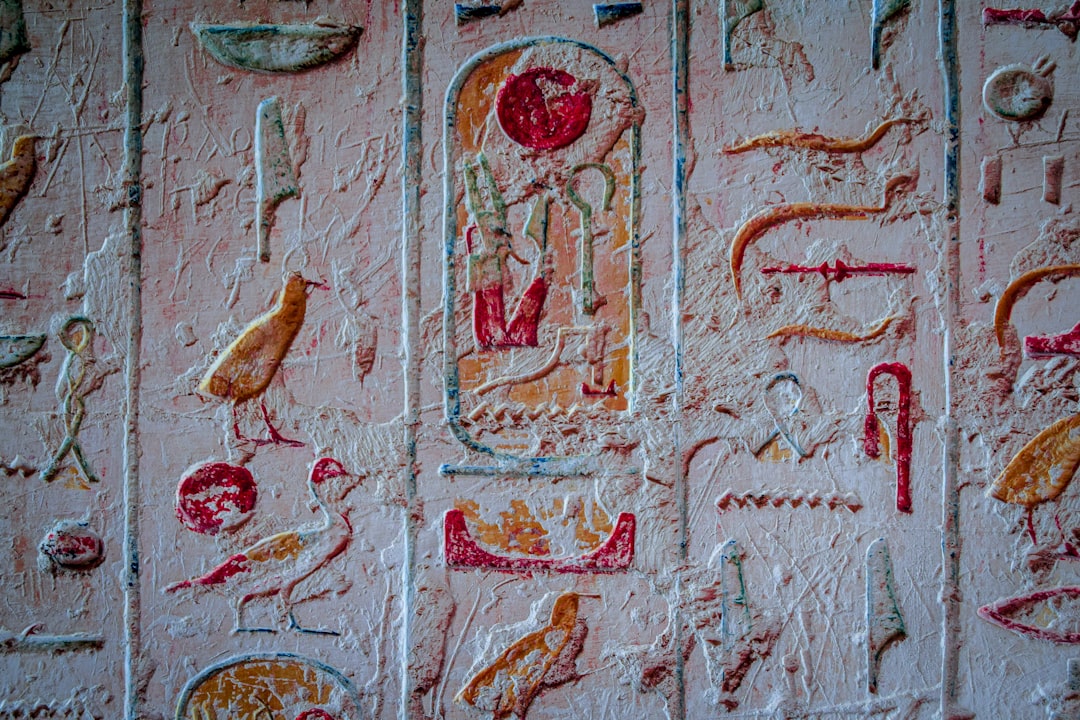Hebrew lesson: Barren
Is it true that you're never too old to learn something new? I'll let you know!
Decades ago, I had a job training volunteers to work with new immigrants in English as a Second or Other Language classes. To help the trainees experience what it felt like to navigate the world in a foreign language, I asked them to put themselves in a situation where they would be confronted with an indecipherable language: “Watch a television show on…
Keep reading with a 7-day free trial
Subscribe to The Life of H to keep reading this post and get 7 days of free access to the full post archives.



